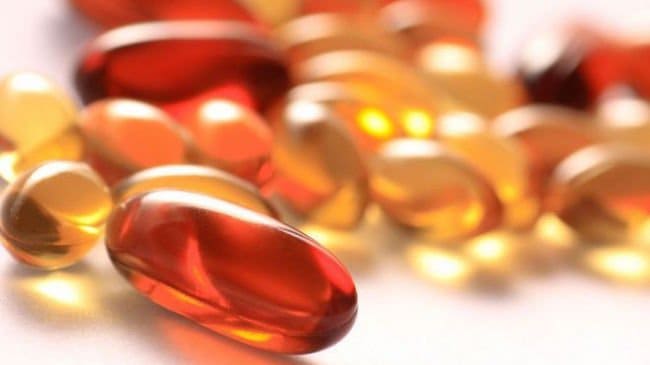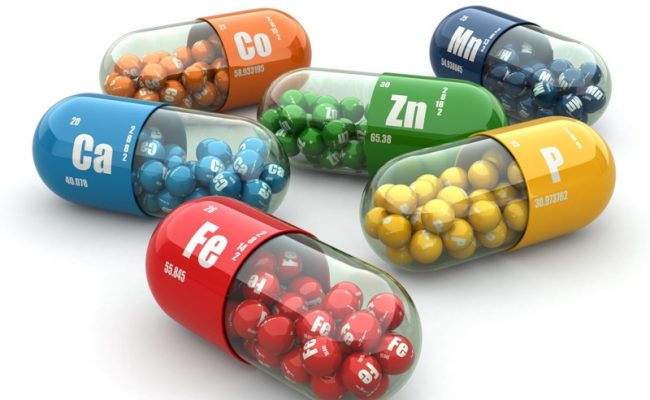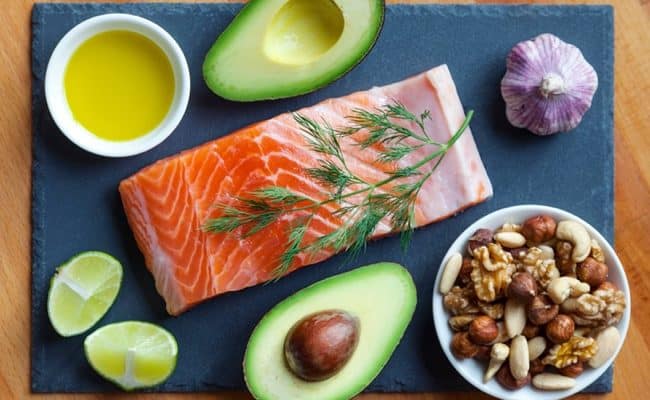
Another hard day at work has ended and you are feeling tired. Your energy levels are low and you read an advert about the benefits of taking vitamins or other supplements to tone up and get stronger again. Sure it is a scenario that you heard before, but what is the truth? Do we really need vitamin supplements or is it just another marketing trick?
Vitamins are essential to life. They are required daily for the normal functioning of the body but because the body cannot produce them, we must get them from outside sources. People who follow a healthy balanced diet rich in fruits and vegetables, are less likely to need vitamin supplements. Certainly in some cases and after doctor’s approval even these people can take them for a limited period of time.
Vitamin deficiencies can cause problems to many body functions (weaken the immune system, increase infections, greater risk for cancer, heart disease, birth defects, osteoporosis, neuropathy, skin disease, anemia).
Is taking big doses of vitamins on a daily basis healthy?
This perception, which unfortunately still exists in many, is false. Taking big doses of vitamins is dangerous. The fat-soluble vitamins, A, D, E and K, are stored in the body when taken in high doses and are not used. Their accumulation can lead to toxic effects. Also taking big doses of water-soluble vitamins B and C is not recommended.
What are the best sources of vitamins?
Vitamins in fruits and vegetables act in synergy with other valuable phytochemicals. This synergistic action is beneficial for our health. For this reason the best vitamins are those obtained from a healthy diet rich in fruits, vegetables, legumes, fish, whole grains, dairy, meat and olive oil, always according to the daily referred quantities.
Who needs to take vitamin supplements?
People with vitamin deficiencies
There are people who for various reasons have vitamin deficiencies. The doctor will determine what vitamins are needed, the correct dose and duration of which supplements should be taken. He will also monitor the treatment and minimize the risk of side effects.
Pregnant women
For pregnant women, the daily intake of folic acid (vitamin B9) is an essential measure to prevent birth defects of the central nervous system of children.
Practically all women who can potentially become pregnant, it is good to take daily folic acid before pregnancy (after the order of their doctor or gynecologist).
Women after menopause
Vitamin D supplements along with calcium, is recommended for the prevention of osteoporosis.
Patients with cardiovascular problems
Studies have shown that folic acid reduces homocysteine levels. This was accompanied by a lower risk of cardiovascular events.
Smokers and alcoholics
Smokers can benefit from vitamin C supplements and folic acid. These vitamins help the body fight toxic substances that invade the body due to the harmful and often deadly habit of smoking.
Alcoholics that also follow a poor diet can benefit from daily supplements of thiamine (vitamin B1), pyridoxine (vitamin B6) and riboflavin (B2).
Elderly
The elderly often follow a diet that has vitamin deficiencies. This is even more serious in people who are weak or ill. For these people and in order to prevent diseases caused by vitamin deficiencies, it is considered necessary to take supplements of vitamins B and D.
Vegetarians
For some vitamins such as vitamin B12, the only source is from animal products. So those who avoid completely those products (meat) are more at risk of deficiencies for certain vitamins. In vegetarians, multivitamin supplements (vitamin B12, D and E) are useful to avoid shortages.
Best practices for the intake of vitamin supplements
1. There are 13 vitamins that are essential for our body. Vitamins A, C, D, E, K and B1, B2, B3, B5, B6, B7, B9, B12.
2. it’s best to take the vitamins you need from fruits, vegetables and other foods rich in vitamins, rather than vitamin supplements. A healthy diet gives you vitamins with other phytochemicals, which act in synergy for your own good.
4. Do not take vitamins, supplements or other preparations that are advertised as tonics without medical advice. Wrong dosage or use can seriously harm your health.
5. Years of research on men and women show that multivitamin supplements do not help prevent heart disease or cancer.
6. Protein supplements and multivitamins do not improve the performance of athletes. These are abused by young athletes risking their health.
7. Hypervitaminosis results from the excessive intake and storage of vitamins. It can cause serious and sometimes dangerous problems to your health.
8. There are definitely people who need vitamin supplements. The doctor will inform you if you need vitamins beyond those provided by a healthy diet.
So what should you do?
Be very careful. Do not believe everything you hear in advertisements or read in various lifestyle magazines or web sites about multivitamins or supplements.
Consult with your doctor before taking any action.
The majority of people without health problems do not need these products. If you are in any of these groups (suffering from a disease, vegetarian, pregnant, smoker) you may need multivitamin supplements but ask your doctor first.
Do not forget that uncontrolled and excessive intake of vitamins can lead to dangerous medical conditions.
References used in this article











Sam says
I’m the kindof person who does not want to take supplements, what I do is to watch what I eat and make sure that I get enough vitamins and minerals from the foods that I eat.